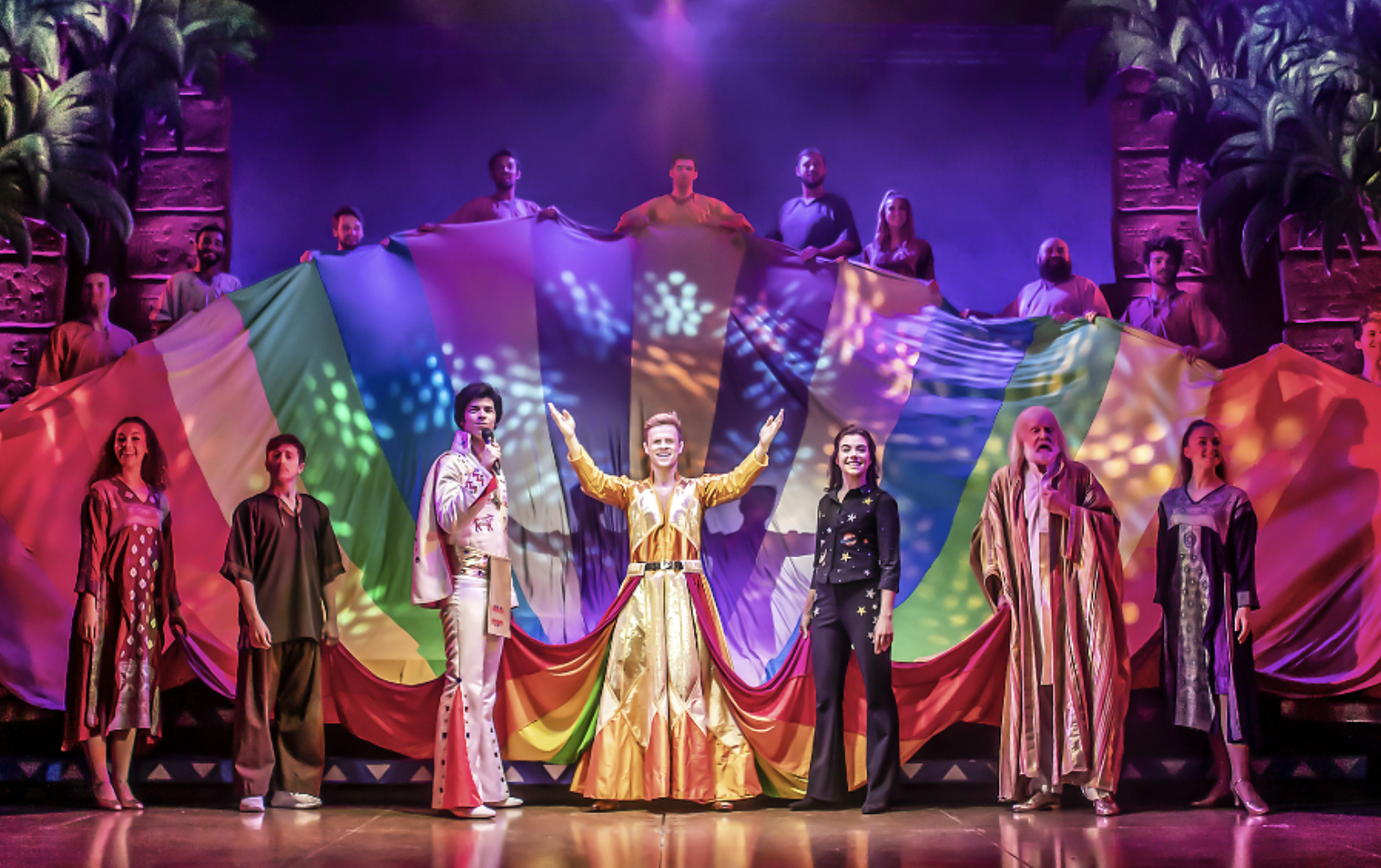Risqué musicals which shocked London’s West End
Two musicals which touched on taboo subjects in the late sixties and early seventies do not seem at all shocking by today’s standards, but they certainly attracted their fair share of controversy at the time.
Hair
 As the Lord Chamberlain’s powers of censorship – dating back to 1737 – came to an end, a cast of young long-haired actors took to the stage of the Shaftesbury Theatre. It was an evening in September 1968, but this was no ordinary evening, and this was no ordinary production. Hair had come to town – the musical that broke previously protected taboos and changed the face of London’s West End forever.
As the Lord Chamberlain’s powers of censorship – dating back to 1737 – came to an end, a cast of young long-haired actors took to the stage of the Shaftesbury Theatre. It was an evening in September 1968, but this was no ordinary evening, and this was no ordinary production. Hair had come to town – the musical that broke previously protected taboos and changed the face of London’s West End forever.
The risqué show, written by out-of-work actors Gerome Ragni and James Rado, which had already proven a hit in New York the year before brought the subjects of interracial relationships, bisexuality and the rejection of monogamy in front of audiences that had never seen the like and resulted in some audience members leaving the theatre in disgust.
The show depicted anti-war protests, drug-taking and nudity and firmly thrust 1960s subculture before all to view. Hair told the story of the tribe of politically active hippies living a bohemian existence in New York City with ‘Claude’, played by a 23 year old Paul Nicholas, living a life in the pursuit of love, peace and sexual revolution and battling with his family who wanted him to sign up to the horrors of the Vietnam war.
Nicholas, who along with Elaine Page and Oliver Tobias subsequently became a household name, and still remembers the outrage the nude scene provoked:
“There was no nudity in commercial theatre at the time so it was a big change. Looking back, the ‘shocking’ nude scene wasn’t even that bad – it was nicely done. It wasn’t salacious or anything like that.”
Annabel Leventon who played Sheila in the original London cast said:
“We danced in the aisles, at on the audiences’ laps, frightened them, and at the very end of the show we all ran out singing Let the Sun Shine In and went back on stage and the whole audience followed us.
“That’s when we realised the show made a greater change in Britain than anywhere else.
“Hair really shocked and changed the world of theatre forever.”
Jesus Christ Superstar
 Not officially a musical, Jesus Christ Superstar was a 1970 rock opera written by Andrew Lloyd Webber and Tim Rice in their early twenties.
Not officially a musical, Jesus Christ Superstar was a 1970 rock opera written by Andrew Lloyd Webber and Tim Rice in their early twenties.
It started out as a rock opera album musical before making its Broadway debut in 1971 and hitting The Palace Theatre in London’s West End in August 1971.
Loosely based on the Gospel’s of the New Testament beginning with the arrival of Jesus in Jerusalem and ending with the crucifixion. Jesus Christ Superstar tells the tale of political and interpersonal struggles between Judas Iscariot and Jesus through song but with no spoken dialogue.
It shows Jesus as a radical revolutionary fighting against the establishment which did resonate with ideas of the time but some Christians were outraged by the suggestion that Jesus and Mary Magdalene had a physical relationship and thought the production made a hero of Judas.
Some Jewish groups were unhappy too. They were worried the show’s depiction of Caiaphas and Herod as scheming against Jesus would revive charges that the Jewish people were responsible for Jesus’ death.
Lloyd Webber and Rice, both from Christian backgrounds were unhappy with the criticisms and said at the time:
“If opera had to be realistic, we would not be able to have a black Judas, a half-Japanese Mary or a Jewish Pilate.
“Sure, we’ve taken great dramatic license, but no major trait of character is there that was not in the gospels.”
Despite the initial protests the original West End production at the Palace Theatre became the longest running musical in West End history, overtaking Lionel Bart’s Oliver! It closed in 1980 after playing for 3,358 performances and taking £7m at the box office.
There have been many different versions of Jesus Christ Superstar since with productions around the world mixing up genders, period costume and modern dress, and several productions have featured female Judases which have in turn added different layers of psychological complexities.
Did you see either of these shows? Where you shocked by them at the time?
Melina - Assistant Editor
Latest posts by Melina - Assistant Editor (see all)
- Banana bread with SunGold kiwis - February 20, 2025
- A tribute to Bob Marley - February 4, 2025
- Going to Work on an Egg! - January 29, 2025
- The Very Best of Petula Clark - January 14, 2025
- 50 Years of Coat Trends - January 12, 2025




















